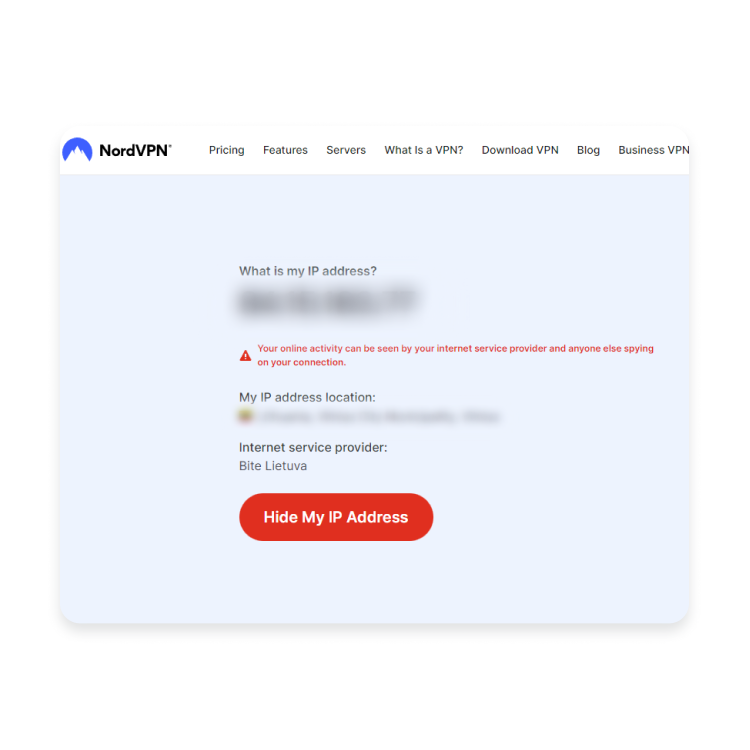Using a VPN is common today. A VPN helps protect your privacy online. But how do you know if you have one? This article will help you find out. It is simple and easy to follow.

What is a VPN?
A VPN stands for Virtual Private Network. It creates a secure connection over the internet. This means your data is safe from others. It also hides your IP address. Your IP address shows where you are. A VPN can help keep your location private.
Why Test for a VPN?
Testing for a VPN is important. Here are a few reasons:
- To check if your data is secure.
- To see if your location is hidden.
- To make sure your VPN is working correctly.
How to Check if You Have a VPN
There are different ways to test if you have a VPN. Below are some easy methods.
1. Check Your Device Settings
First, check your device settings. Here is how:
- For Windows: Go to Settings.
- Click on Network & Internet.
- Select VPN from the menu.
Here, you will see if any VPN is connected.
2. Look For Vpn Icons
Next, look for VPN icons. Most VPN apps show an icon. The icon may be in the taskbar or system tray. If you see a VPN icon, you are likely using a VPN.
3. Check Your Ip Address
You can also check your IP address. Follow these steps:
- Open your web browser.
- Type “What is my IP” in the search bar.
- Press Enter.
This will show your public IP address. If you have a VPN, your IP address will be different from your real one.
4. Use Online Tools
There are online tools to check for a VPN. These tools can help you find out quickly. Some popular tools include:
Visit these sites to see your IP address and location.
5. Test For Dns Leaks
Another way to test is by checking for DNS leaks. A DNS leak means your real IP address shows. To test for DNS leaks, follow these steps:
- Connect to your VPN.
- Visit a DNS leak test site like DNS Leak Test.
- Run the test.
If the test shows your real IP address, your VPN may not be working.

Common Signs You Are Using a VPN
Sometimes, you can see signs of a VPN. Here are some common signs:
- Internet speed is slower than usual.
- Some websites may not work properly.
- You can access content from other countries.
Troubleshooting Your VPN
If you think your VPN is not working, try these tips:
- Reconnect to the VPN.
- Restart your device.
- Check your internet connection.
- Update your VPN app.
Frequently Asked Questions
How Do I Know If I Have A Vpn?
Check your device settings or network connections. Look for VPN apps or services installed.
What Signs Indicate I’m Using A Vpn?
You may notice a different IP address and faster speeds. Websites might load differently too.
Can I Test My Vpn Connection Easily?
Yes, visit websites like whatismyip. com. They show your current IP address.
Why Would I Want To Test My Vpn?
Testing helps ensure your VPN is working properly. It protects your privacy online.
Conclusion
Testing if you have a VPN is important. It helps protect your data. Follow the methods above to check. Look at your device settings, IP address, and use online tools. If you see any signs of a VPN, you may be connected. Remember to troubleshoot if needed.
Stay safe online! Use a VPN to keep your information private.
